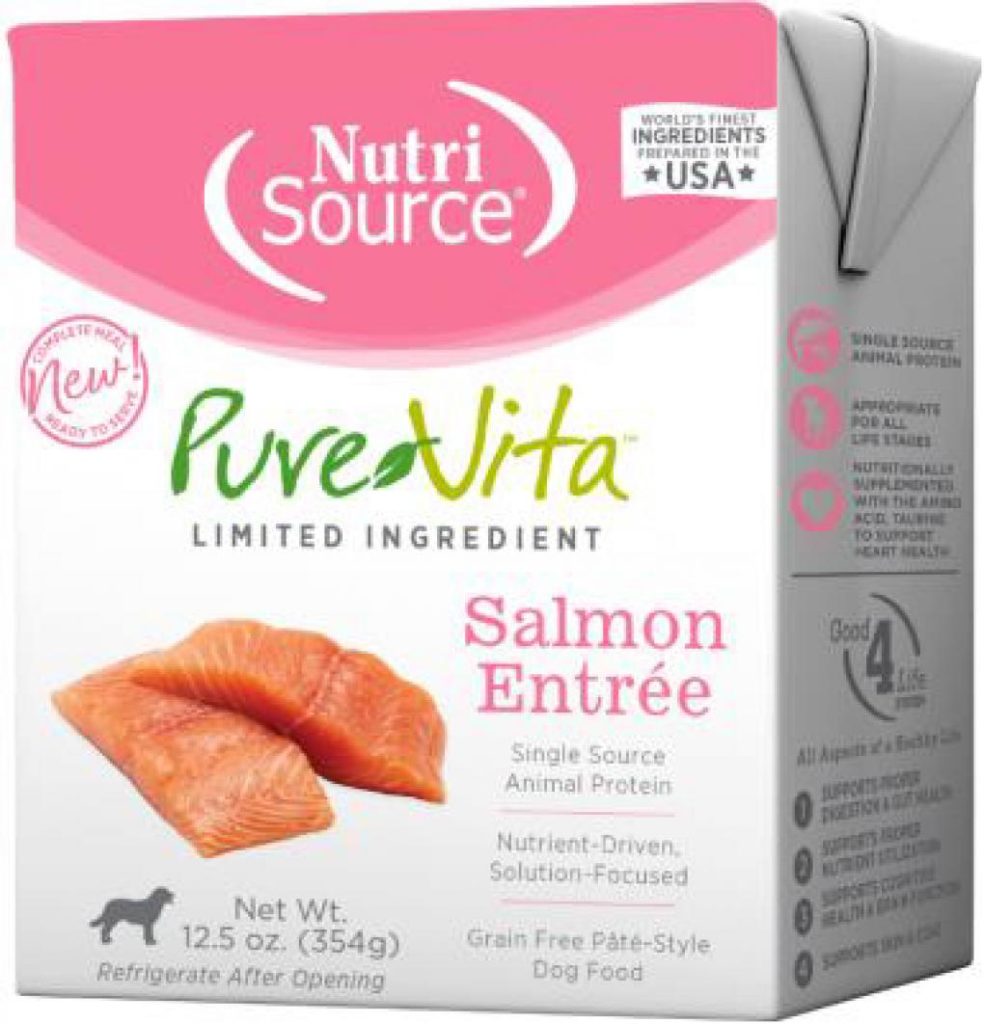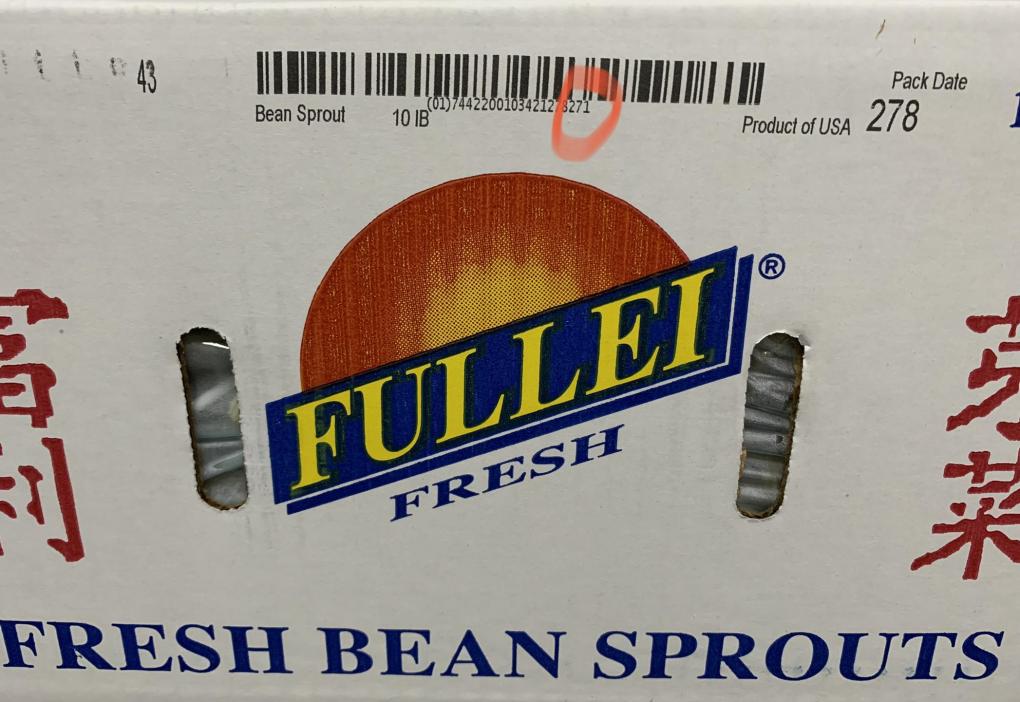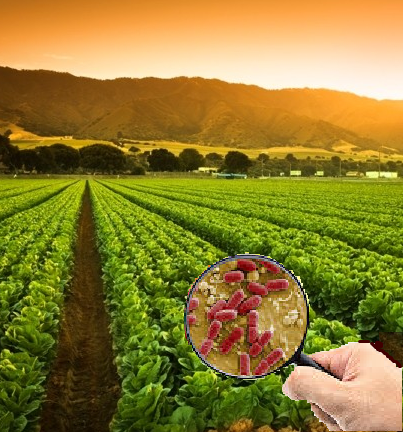According to the ACCC (The Australian Competition & Consumer Commission), Knoll Consultants & Investments Pty Ltd, trading as Barossa Fine Foods (Edinburgh North, South Australia), has recalled Barossa Fine Foods Patés from the Australian marketplace due to suspected Listeria monocytogenes contamination. The following Barossa Fine Foods Patés are subject to this recall: Duck and walnut pate 110g, Truffle pate 110g, Terrine pate 110g, and Farmhouse pate 110g. The products were sold in South Australia and Victoria. @ https://www.productsafety.gov.au/recalls/knoll-consultants-investments-pty-ltd-%E2%80%94-barossa-fine-foods-pates-110g




